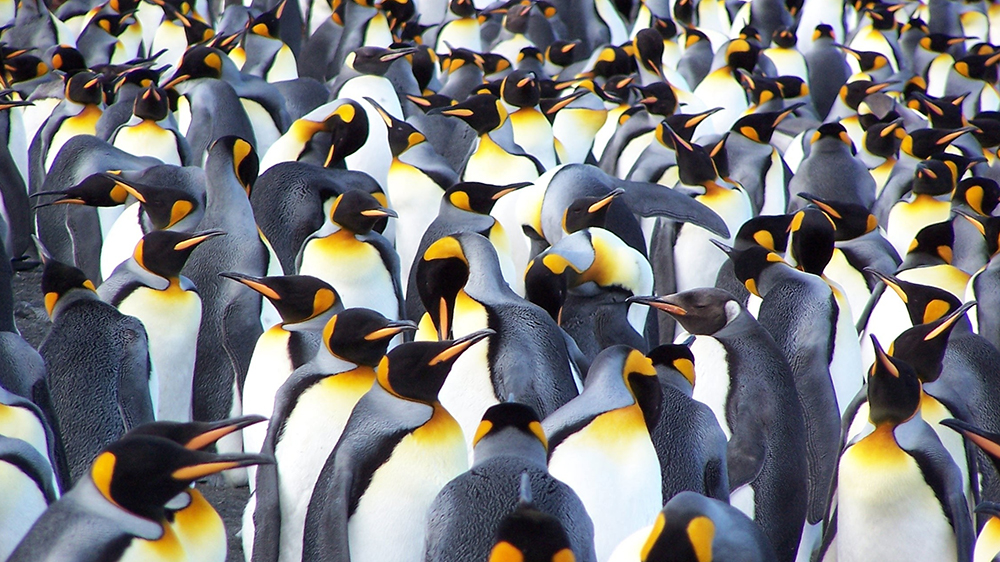About the project
Communication plays a vital role in our attempts to gain, share and evaluate our knowledge and beliefs about the world around us. Much of the knowledge we possess is apparently formed on the basis of trust in another person’s say-so. Similarly, when we come to question or revise our beliefs, it is often as a result of disagreements or disputes with other people.
Understanding these epistemic activities requires investigating their communicative foundations:
- What does it mean to successfully communicate with another person?
- How often does communication succeed?
- What features of an interlocutor’s context or environment might undermine her communicative attempts?
Aim
Within epistemology, authors often assume a naïve ‘content preservation’ model of communication according to which an audience can easily grasp, or decode, precisely what a speaker has said.
The central aim of this project is to develop an alternative model of communication to serve as the basis for our understanding of how communication facilitates the sharing and evaluation of knowledge.
Outcomes
This new model, which is motivated by contemporary work in philosophy of language and pragmatics, has skeptical implications: our attempts to share and evaluate knowledge will often be less successful than is popularly thought.
When we do gain knowledge from others, this is more often the result of extended efforts to understand one another better, rather than a simple matter of accepting someone's word.
Financing
The Research Council of Norway, contract nr. 315066.
Duration
01.08.2021 to 31.07.2024
